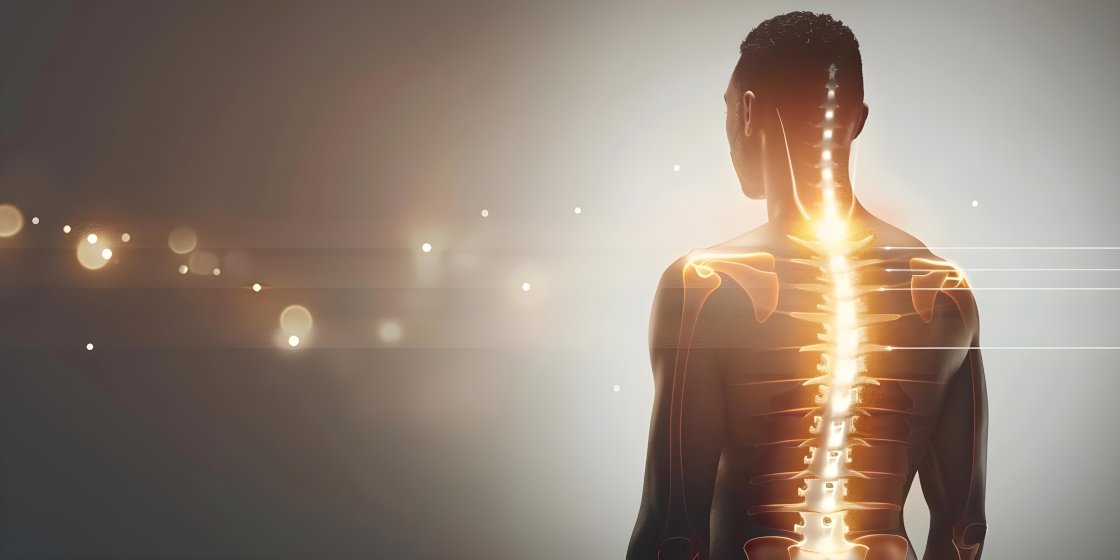Imagine getting electric shock-like pain in your face suddenly. This is how things are for people with trigeminal neuralgia, a rare but harrowing trigeminal nerve disease. It’s known for making people weak; even easy things like smiling, talking, or chewing can be very painful. People often don’t understand the condition, but knowing its symptoms and causes is essential for handling it well and looking for professional help. Talking to a Neurosurgeon near me could be helpful, especially if you live in Thane or a nearby area and have nerve problems along with spinal deformities.
What is Trigeminal Neuralgia?
Tic douloureux, or trigeminal neuralgia, attacks the trigeminal nerve. This nerve sends facial sensations to the brain. Three nerves come from it—one for the face, cheeks, and jaw. Trigeminal neuralgia irritates these nerve branches, causing severe discomfort.
Many people describe trigeminal neuralgia as a “shock” or “jolt.” The episodes might last seconds to minutes and occur numerous times a day. Unpredictable pain causes fatigue, anxiety, and overwhelm. The pain can worsen and spread across the face. When severe, the condition can destroy all three trigeminal nerve branches.
Trigeminal neuralgia is more common in those over 50, but it can also affect younger people. This disorder is more common in women than males in Thane and is commonly associated with multiple sclerosis or spine abnormalities. Fully understanding the disease and its causes requires a professional evaluation.
The primary signs
Sharp, stabbing facial pain is the hallmark symptom of trigeminal neuralgia. This pain usually hits rapidly, so halt everything. The assaults typically start when you wash your teeth, eat, talk, or touch your face. These triggers may not be noticeable to some, but trigeminal neuralgia sufferers know they signal a terrible episode. Most face pain is on one side but can spread to both.
Pain ranges from mild to excruciating. Between acute pain episodes, some persons may experience burning or aching. These dull pain bouts usually precede shock-like attacks. Facial spasms or twitching can also be distressing.
These symptoms can make daily life difficult due to their intensity and unpredictability. Because of their constant fear of attack, trigeminal neuralgia sufferers may become sad and worried. Need guidance from a Neurosurgeon near me or a neurologist to manage the condition and improve life?
Secondary symptoms and their issues
Trigeminal neuralgia’s main symptom is facial pain. However, other indications are also relevant. Avoiding pain is one of these symptoms that might affect your life. People may avoid talking, smiling, eating, and cleaning their teeth for fear of starting an episode. Avoidance can lead to isolation, anxiety, and depression.
Certain trigeminal neuralgia sufferers report a constant dull discomfort between painful bouts. Though less severe than an attack, this continuous pain can strain mental and physical health. Long-term trigeminal nerve disorders can cause facial pain.
People with this condition may also suffer nerve damage. Working with a professional who can examine the entire neurological system is even more crucial because these extras can complicate diagnosis and treatment. Having a Neurosurgeon near me review all probable causes will assist.
Which causes trigeminal neuralgia?
Trigeminal neuralgia causes irritation or pinching of the trigeminal nerve. Often, a blood artery presses on the nerve near the brainstem. Pressure can damage the nerve’s myelin coating, which can miss pain signals. Due to this, the pain is severe and unexpected.
Other causes of trigeminal neuralgia include multiple sclerosis, tumours that strain on the nerve and face trauma. Spinal or neck issues influencing nerve activity can reduce its frequency in Thane. These congenital abnormalities may alter nerve function, causing facial pain.
However, nerve compression by blood arteries is not the only cause. It might be hereditary or caused by ageing. Knowing the cause of trigeminal neuralgia is essential to treating it. Working with a Neurosurgeon near me or a nerve problem specialist will help you understand how these factors affect your symptoms.
NeuroSpine Thane provides trigeminal neuralgia and other diagnosis and treatment.
Trigeminal Neuralgia testing
Doctors use a neurological exam and ask about symptoms and medical history to diagnose trigeminal neuralgia. They may also perform several tests to identify alternative causes of the discomfort. People have MRI scans of the brain to rule out multiple sclerosis and tumours.
Maintaining and treating the condition
Treating trigeminal neuralgia usually involves medicines, lifestyle adjustments, and surgery. Doctors offer anticonvulsants like carbamazepine to stabilise nerve electrical impulses and relieve nerve discomfort. You can also use muscle relaxants or tricyclic antidepressants to relieve pain.
Surgery may help those who don’t respond to medication. Microvascular decompression eliminates blood vessels that invade nerves. Stereotactic radiosurgery is another alternative. This approach lowers nerve pressure using concentrated radiation.
Along with these strategies, people should manage stress and avoid triggers. A healthy lifestyle with frequent exercise and proper nutrition helps reduce pain episodes.
Trigeminal neuralgia and other nerve disorders receive advanced treatment at NeuroSpine Thane.
Conclusion
Awareness of trigeminal neuralgia is essential since its symptoms can transform a life. Knowing what causes it and getting help quickly can improve life. Work with experts like a Neurosurgeon near me if you have nerve compression in Thane. Do what you want despite this constraint. Consult professionals for a customised treatment strategy.




